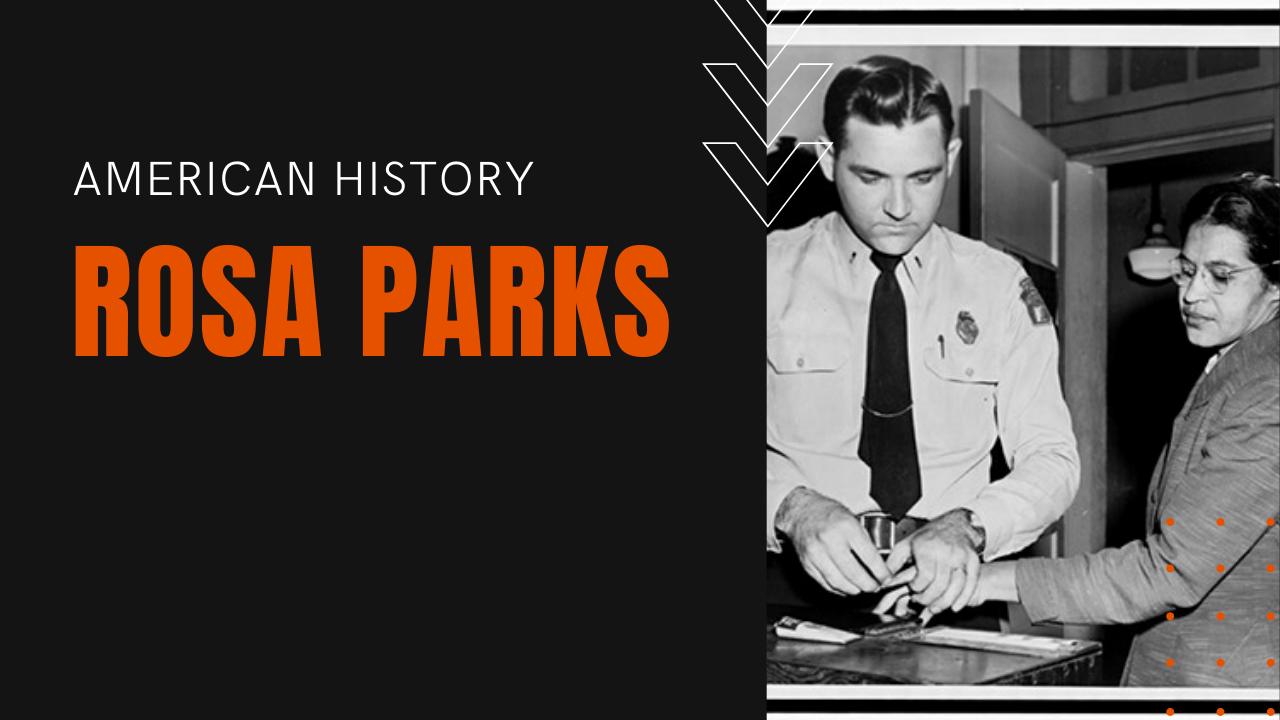Rosa Parks Bus Boycott of 1955

On December First, 1955, Rosa Parks was commuting home after a long day as a working seamstress, seated in the front row of the segregated blacks-only back of the bus in Montgomery, Alabama.
When the front of the bus filled up with too many white passengers, driver J. Fred Blake asked Parks and three others to vacate their seats, and while the other riders complied, Parks had reached a tipping point in the segregated South.
Rosa Parks Arrested
Refusing to give up her front seat, she was promptly arrested and fined $14.00. Her arrest would trigger a second tipping point, when black civil rights leaders and black bus riders alike kicked off a bus boycott, demanding equal rights as American citizens.
Upon her arrest, Parks phoned E.D. Nixon, a prominent black leader, who bailed her out before convincing 26-year-old Martin Luther King, Jr., the pastor of the Dexter Avenue Baptist Church, to lead and inspire the first major civil rights protest in America.
Roughly 40,000 black bus riders boycotted the Montgomery bus system beginning on December 5th, which represented seventy-five percent of all bus riders in the southern city of 120,000 residents.
Initially, the protester’s demands did not include changing the segregation laws, but rather, the group demanded courtesy, the hiring of black drivers, and a first-come, first-seated policy, with whites entering and filling the seats at the front of the bus, while blacks entered and sat in the rear. Ultimately, however, a group of five black Montgomery women affiliated with the NAACP—the National Association for the Advancement of Colored People—sued the city, seeking to have busing segregation laws totally invalidated.
The 14th Amendment Upheld
As a result of Montgomery’s bus boycott, on June the fifth, 1956, A Montgomery federal court ruled that any law requiring racially segregated seating violated the 14th Amendment to the U.S. Constitution, which was adopted after the Civil War and guaranteed all Americans, regardless of race, equal rights and equal protection under state and federal laws.
The city of Montgomery appealed the case to the U.S. Supreme Court, which upheld the lower court’s decision on December 20th, 1956. The boycott ended the following day, 381 days after it began.
